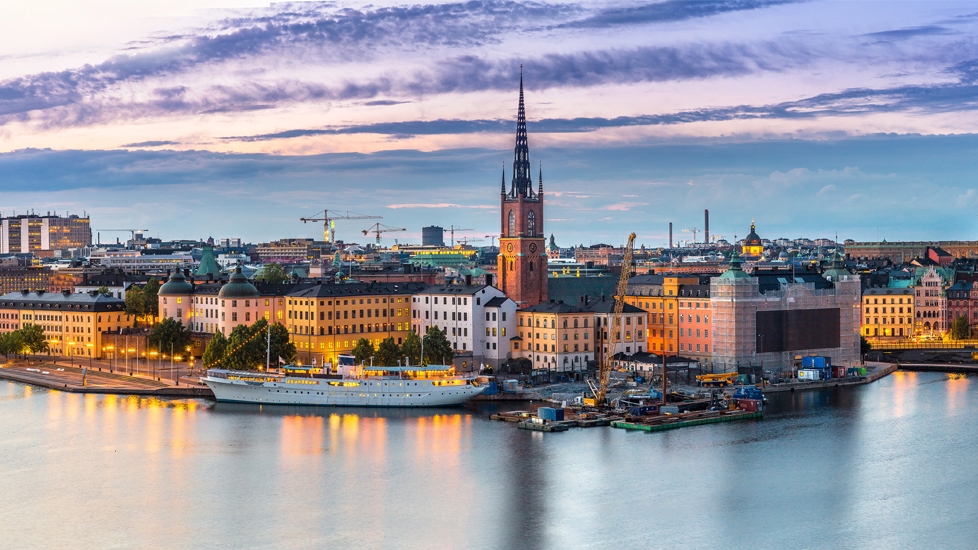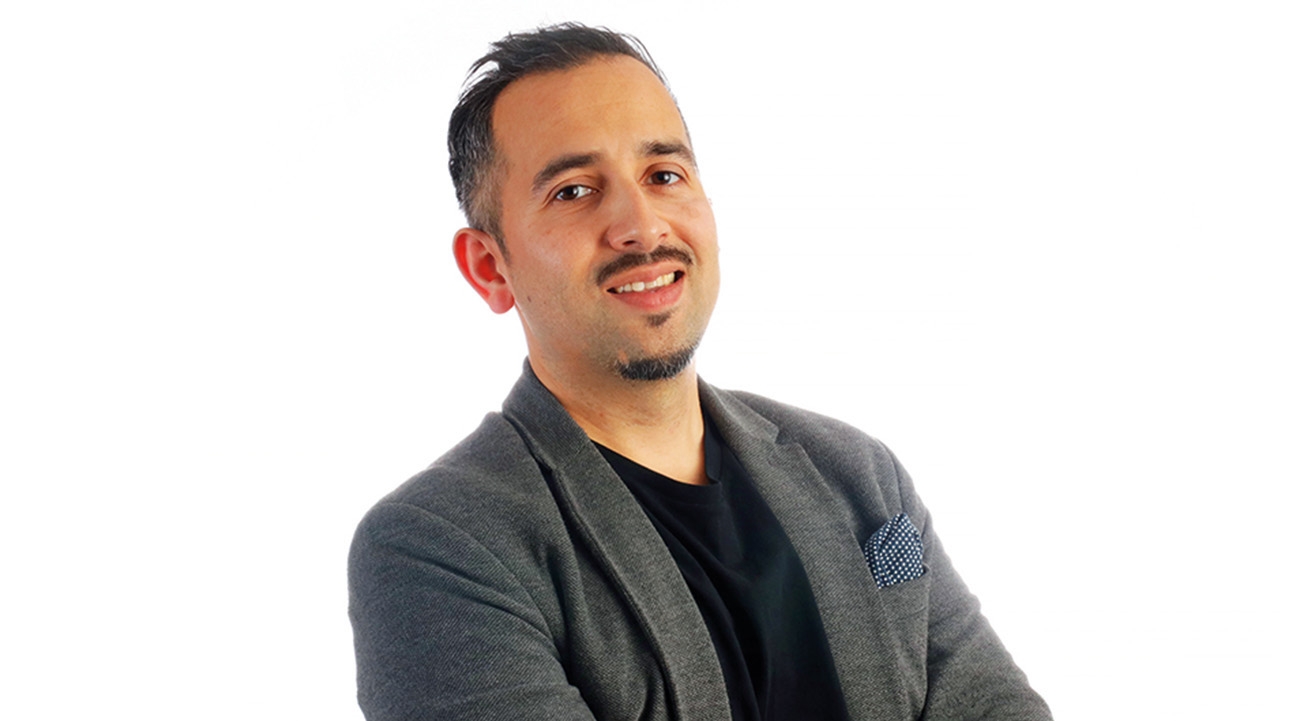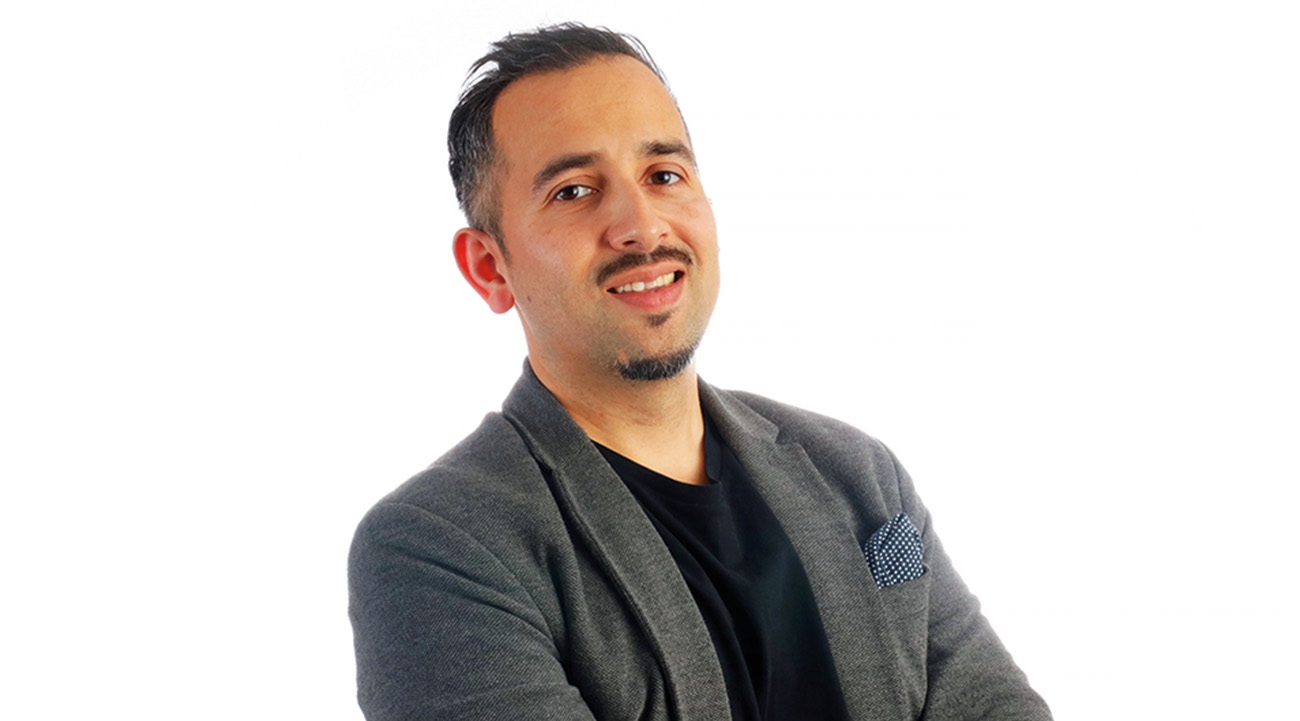Symposium report: Stockholm shines the light on inclusivity
Travel agents, suppliers and media gathered for the return of Stockholm’s LGBT Symposium. Lottie Gross reports.
LGBT market ‘more resilient’ and leading the comeback of travel
Research shows the LGBTQIA community is leading the comeback of travel post pandemic, delegates at the symposium were told.
The symposium, organised by Visit Stockholm and Stockholm LGBT, was attended by more than 75 agents, suppliers, content creators and media last month.
Travelbeat director John Bridge quoted Sex and the City in his talk on trends, saying “First come the gays, then the girls, then the industry.”
He was explaining that the LGBTQIA sector has been leading the way for travel according to research by association IGLTA, which shows that 78% of LGBTQ people will have travelled by the end of 2021, despite restrictions in our industry.
“We’ve been travelling as part of a pandemic for decades,” he explained. “So to us to add in this [Coronavirus] pandemic, it’s made us even more resilient. We’ve been able to adapt, we’re used to mitigating risks to ourselves and other travellers, and because of that we’re seeing a more resilient LGBT travel market. Looking at the statistics, that’s up to 30% higher than other segments of the industry.”
‘Stockholm is open’ – in all senses of the word
Everyone is “celebrated” in Stockholm, according to the city’s director of market development.
Karin Mäntymäki told delegates that the Swedish capital had long been known as a safe space for the LGBTQIA community, adding that it was one of the first countries to legalise homosexuality in 1944. But its openness doesn’t just extend to this community, Mäntymäki said.
“Stockholm is a city unlike any other,” she said in her opening remarks. “Built on the idea that everyone should have access to everything. A non-normative [person] should not only be tolerated but celebrated. And no doors should be closed because of gender, age or colour of your skin.”
The symposium also came at a time when lockdown measures were being implemented in European nations like Austria and the Netherlands, while Sweden was still enjoying its freedoms with no mask mandate and hospitality still in full swing. The country and its capital has remained open throughout the pandemic – a testament to its hard-line approach to liberty of the people.
Stockholm is the easy sustainable choice in Europe
Stockholm is aiming to become fossil fuel-free by 2040, with businesses and organisations within the city aiming to beat that target by 10 years.
It was revealed that the city’s own businesses are even more ambitious and are aiming to be fossil-free by 2030.
Visit Stockholm’s director of market development Karin Mäntymäki said: “Stockholm has a goal to become fossil-free by 2040 and the City of Stockholm organisation will be fossil-free by 2030.”
Speaking to Aspire, Camilla Zedendahl, chief executive of the Royal Djurgården area said they plan to beat the city’s goal by three years, aiming to become the most sustainable island in the Stockholm Archipelago by 2027. They hope to become car-free without compromising on accessibility by introducing a fleet of 5G-powered self-driving electric minibuses and increasing ferry connections to the island. In addition, they have kitchen gardens serving a number of restaurants to ensure sustainable food practices.
She said the aim was to be “an ongoing, world exhibition on sustainability”.






